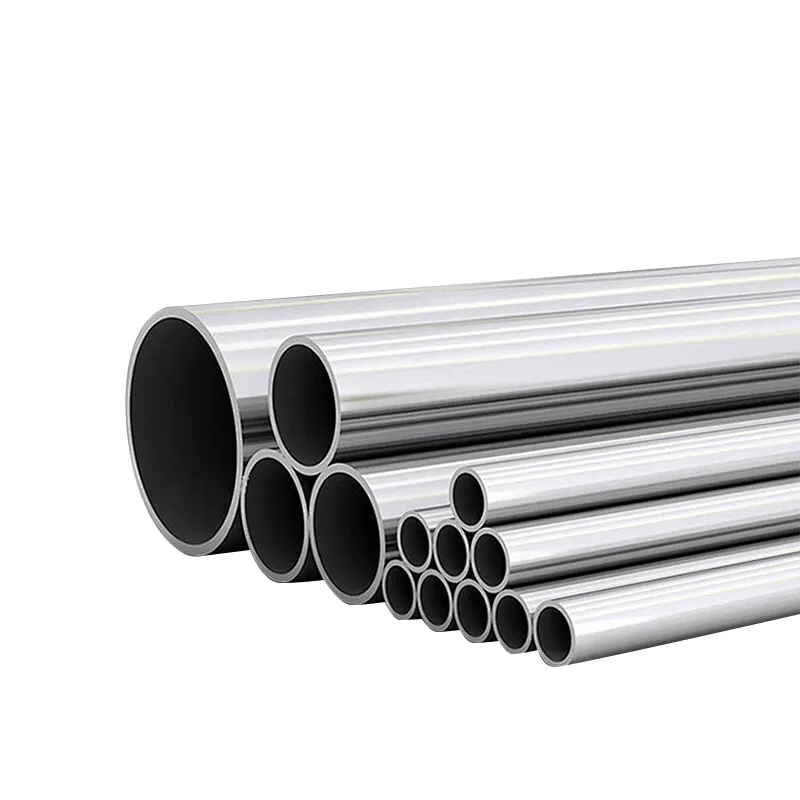
The Role of Automotive Plastic Parts Manufacturers in Modern Vehicle Production
The automotive industry is undergoing a significant transformation, driven by advancements in technology, shifts in consumer preferences, and the ongoing pursuit of sustainability. One of the integral components of this evolution is the role played by automotive plastic parts manufacturers. These manufacturers are essential for producing a myriad of components that not only enhance vehicle performance but also contribute to weight reduction, cost efficiency, and sustainability.
Plastic parts have become pivotal in modern vehicle design and manufacturing due to their lightweight nature. In an era where fuel efficiency and emissions reduction are paramount, automotive manufacturers are increasingly turning to plastics to replace heavier metal components. According to industry reports, replacing metal with plastic can reduce vehicle weight by up to 50%, leading to significant improvements in fuel economy. This weight reduction is particularly vital as automakers strive to meet stringent regulations on emissions and fuel consumption.
Moreover, automotive plastic parts manufacturers provide a wide range of components that play crucial roles in vehicle functionality and aesthetics. From interior elements such as dashboards, door panels, and trim pieces to exterior parts like bumpers, fenders, and headlight housings, plastics are versatile materials that can be molded into intricate shapes. This flexibility in design allows for more innovative vehicle designs, giving manufacturers the ability to create distinctive and appealing automobiles that cater to the tastes of modern consumers.
Sustainability is another driving force behind the increasing reliance on plastic parts in vehicles. Automotive plastic parts manufacturers are adopting sustainable practices in production processes, including the use of recycled materials and bio-based plastics. Innovations in materials science have led to the development of high-performance plastics that not only meet the functional demands of automotive applications but also minimize environmental footprints. These advancements are crucial as the automotive industry faces pressure to reduce its carbon impact and contribute to a circular economy.

In addition to the environmental benefits, the cost-effectiveness of plastic parts is a critical consideration for automakers. The production of plastic components often requires less energy and raw materials compared to metal parts. Furthermore, the ability to manufacture complex shapes in a single mold can lead to reduced assembly times and labor costs. For manufacturers operating in a competitive global market, these advantages can make a significant difference in profitability and the ability to deliver vehicles at a lower price point.
The relationship between automotive manufacturers and plastic parts suppliers is evolving, with collaboration becoming increasingly important. Manufacturers are seeking partnerships with suppliers that offer not only high-quality materials but also the ability to innovate and adapt to changing market demands. The integration of advanced technologies such as 3D printing, computer-aided design (CAD), and automation in the manufacturing processes has allowed suppliers to provide customized solutions and faster turnaround times.
As the automotive industry moves forward, the role of automotive plastic parts manufacturers will continue to grow. Their contributions to vehicle design, functionality, efficiency, and sustainability will be critical in shaping the future of transportation. In response to growing consumer demands for eco-friendly vehicles and manufacturers' commitments to sustainability, these suppliers will be at the forefront of the innovation landscape, helping to define the next generation of automobiles.
In conclusion, automotive plastic parts manufacturers are essential players in the modern automotive ecosystem. Their ability to provide lightweight, cost-effective, and sustainable plastic solutions will not only enhance vehicle performance but also promote environmental stewardship. As the automotive landscape evolves, the partnership between manufacturers and plastic suppliers will be crucial in driving innovation and meeting the demands of the future.